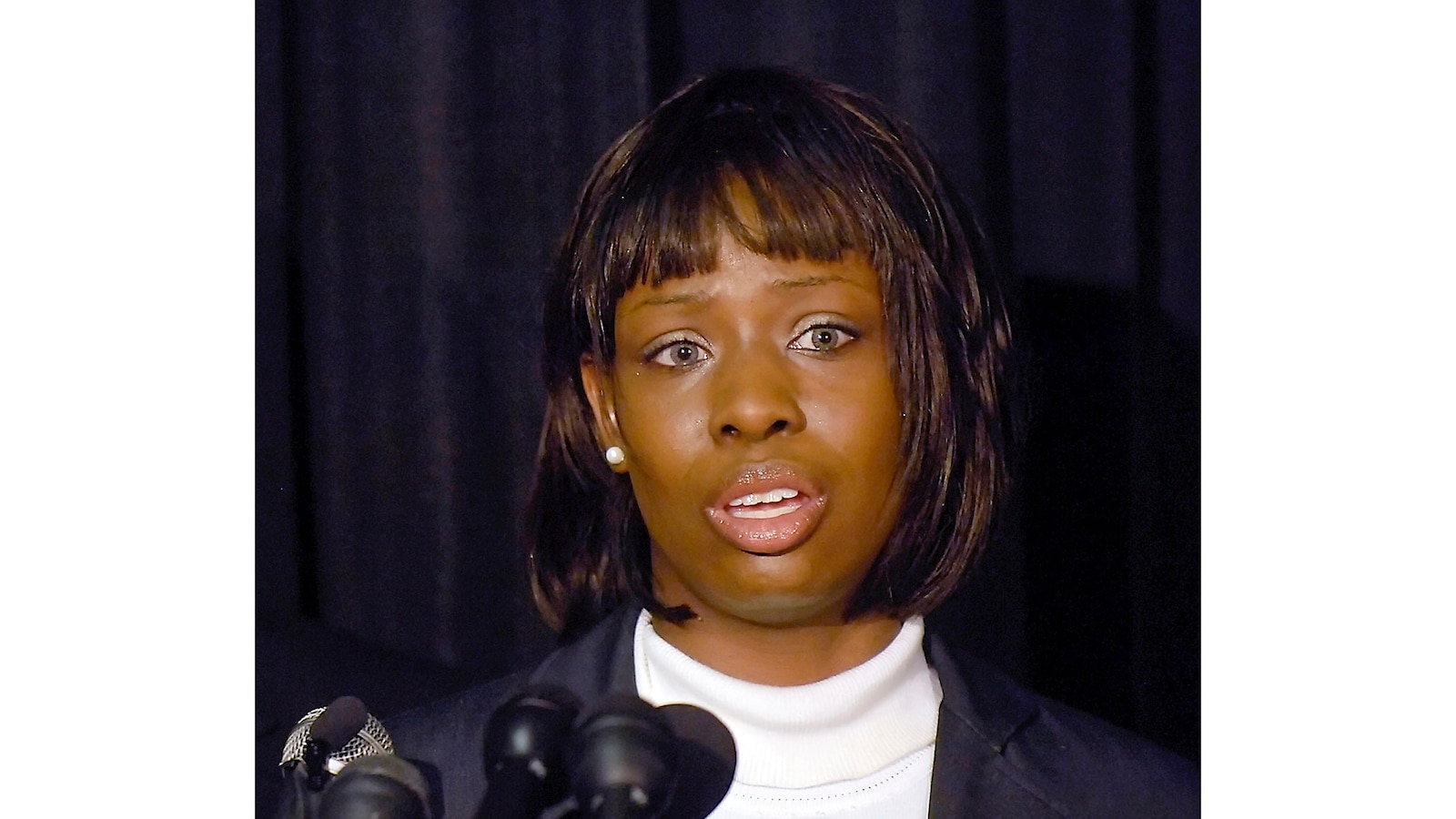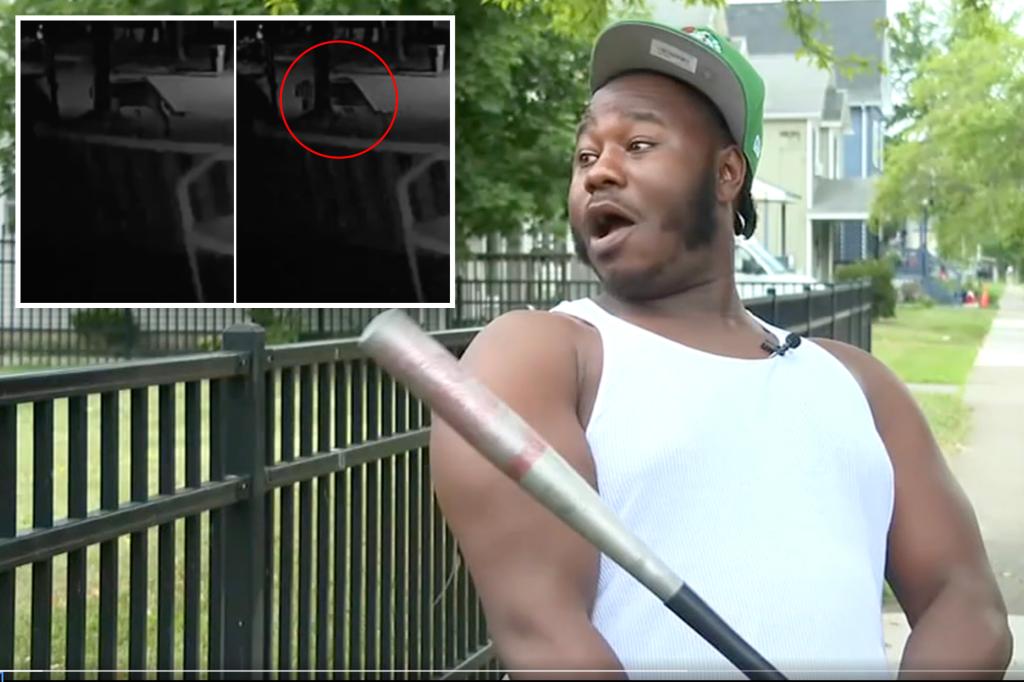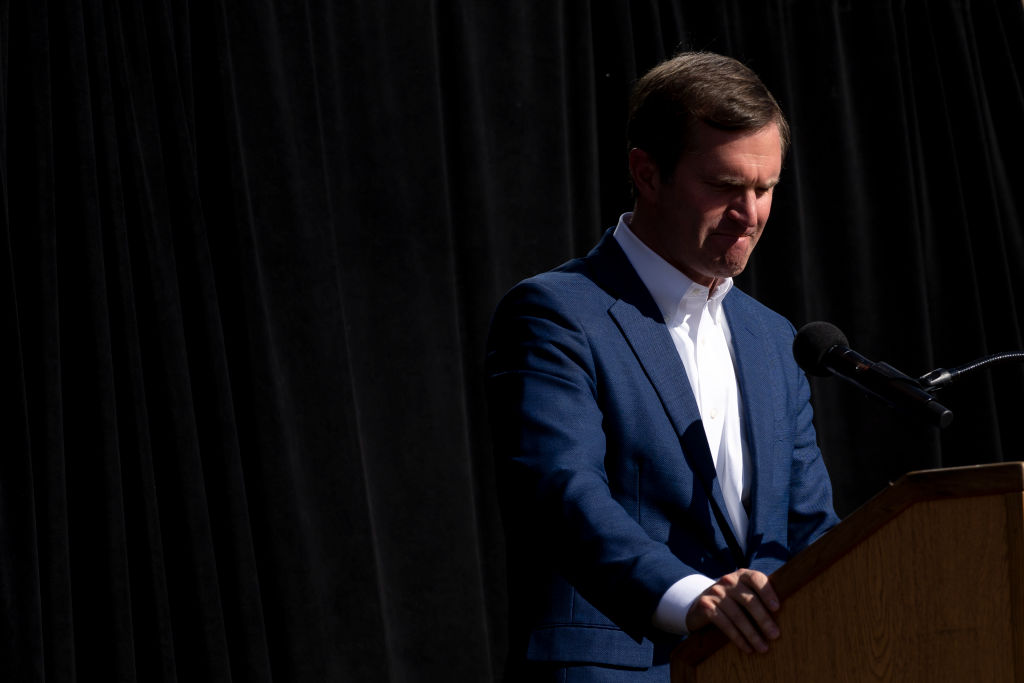Unraveling the Truth: The Woman Who Admitted to Falsely Accusing Duke Lacrosse Players
In a surprising and monumental shift, the woman behind the controversial 2006 Duke lacrosse case has come forward with an admission that has sent shockwaves through the legal world, the sports community, and the public at large. She publicly acknowledged that her accusations of rape against several Duke University lacrosse players were false. This extraordinary revelation is the culmination of years of legal battles, media scrutiny, and a public outcry that forever altered the lives of the players involved, the integrity of the justice system, and the discourse around false allegations. But what does this admission mean for the wider implications on justice, accountability, and the handling of sensitive allegations in the future?
The Duke Lacrosse Case: A Brief Overview
The Duke lacrosse case first captured national attention in March 2006 when a woman, later identified as Crystal Mangum, accused three Duke University lacrosse players of raping her at a party. The accusation was made after a night of heavy drinking, and the alleged assault occurred after Mangum performed as a stripper at a private team party. In the days that followed, the case snowballed into a media frenzy, with the players facing criminal charges and the university and its athletic program placed under intense public pressure. The players, David Evans, Reade Seligmann, and Collin Finnerty, maintained their innocence from the outset.
As the case progressed, questions were raised about the evidence, the handling of the investigation, and the credibility of Mangum’s allegations. Eventually, it became clear that key pieces of evidence did not support Mangum’s claims. In 2007, after further investigation, Durham District Attorney Mike Nifong was disbarred, and the charges against the players were dropped. The case was widely seen as a cautionary tale of legal overreach, media sensationalism, and the devastating effects of false accusations.
The Admission: A Shocking Revelation
In a recent public statement, Mangum admitted that her accusations were entirely fabricated. She expressed remorse for the pain caused to the players and their families and acknowledged the broader consequences of her actions. The admission has left many grappling with how to reconcile the long-standing media narrative and the harsh realities of the justice system’s handling of false allegations. The players involved, though cleared of charges, had their lives and careers forever altered by the events that transpired.
The Psychological and Social Toll of False Accusations
The ramifications of a false accusation can be devastating for both the accuser and the accused. For the players, the accusations led to immediate public backlash, legal fees, and enduring reputational damage. Even though they were ultimately exonerated, the trauma of being labeled as rapists without due process is not easily erased. The psychological toll on individuals who have been falsely accused can be profound, often leading to depression, anxiety, and strained personal relationships.
- Psychological toll on the accused: Many individuals who face false accusations report a significant drop in mental health, including feelings of shame, anxiety, and social isolation.
- Reputation damage: Once an accusation is made, it is often difficult for the accused to fully restore their reputation, even after being cleared of charges.
- Long-term consequences: The reputational harm often extends far beyond the legal outcomes, affecting career prospects, personal relationships, and overall social standing.
The Role of Media Sensationalism in Shaping Public Opinion
The media coverage surrounding the Duke lacrosse case was a textbook example of how sensationalism can shape public opinion, often with little regard for the facts. From the moment the case was filed, news outlets across the country were quick to paint the players as guilty, and the media frenzy only grew as the case unfolded. The narrative was constructed based on emotional appeal and incomplete information, contributing to the rush to judgment.
In the age of social media and 24-hour news cycles, sensational stories tend to dominate the public discourse, sometimes at the expense of due process and fairness. In this case, the presumption of guilt was widespread, and the players’ lives were upended even before a trial could take place. This phenomenon raises important questions about the role of the media in criminal justice cases and the responsibility of journalists to avoid prejudice in their reporting.
Legal and Ethical Implications of False Accusations
False accusations, particularly in high-profile cases like this one, have far-reaching legal and ethical implications. While the justice system strives to protect the rights of victims and ensure that justice is served, false claims can undermine public confidence in the legal system. They not only harm the accused but also tarnish the credibility of genuine victims, making it harder for real cases of sexual assault to be taken seriously.
In some jurisdictions, making false statements to law enforcement can result in criminal charges or civil suits, but this is not always the case. Critics argue that the penalties for making false accusations should be more severe to act as a deterrent. However, there is also concern about creating an environment where victims might hesitate to come forward due to fear of reprisal. This complex balancing act requires nuanced approaches that prioritize fairness and accountability for all parties involved.
The Impact on the Duke Lacrosse Players
The players who were falsely accused have expressed a mixture of relief and bitterness since their exoneration. While they are grateful for the legal vindication, they are still haunted by the memories of the public spectacle surrounding the case. David Evans, Reade Seligmann, and Collin Finnerty have all moved on with their lives, but the scars from the case remain. Some have chosen to become outspoken advocates for justice reform, focusing on issues like prosecutorial misconduct and the importance of due process in criminal cases.
Furthermore, their lives, which were initially focused on sports and academics, were drastically altered. For instance, Seligmann and Finnerty both struggled with finding meaningful employment after the case, as the stigma of being wrongly accused of such a heinous crime lingered. The case highlighted how reputational damage can extend well beyond the courtroom and have lasting effects on individuals’ professional and personal trajectories.
Wider Implications: What Can Be Learned from This Case?
The Duke lacrosse case is a powerful reminder of the potential dangers of false accusations and the critical importance of careful investigation, media responsibility, and due process. While it is essential to support victims of sexual assault and ensure that they have access to justice, it is equally important to safeguard the rights of the accused and prevent the misuse of the legal system for personal gain or revenge.
As society continues to grapple with the complexities of sexual assault allegations, it is essential to learn from cases like the Duke lacrosse scandal to develop better systems for ensuring fairness, transparency, and accountability. Lawmakers, media professionals, and the public must engage in meaningful dialogue about how to address these issues without compromising the integrity of the legal system or the rights of the individuals involved.
Conclusion: A Cautionary Tale and a Call for Reform
The public admission of false accusations in the Duke lacrosse case serves as a cautionary tale, urging society to reflect on the importance of justice, accountability, and the long-term effects of both real and false claims. While the players were ultimately exonerated, the emotional, social, and financial toll of the case remains a significant part of their stories. As we move forward, it is imperative to continue the conversation about how best to handle sexual assault allegations—prioritizing fairness, responsibility, and the protection of all individuals involved. Ultimately, it is the pursuit of truth that must guide both legal and social responses to such grave matters.
For more on the importance of media responsibility and criminal justice reform, read our related article here.
For a detailed analysis on the broader societal impacts of false accusations, visit this link.
See more NY Times Report



